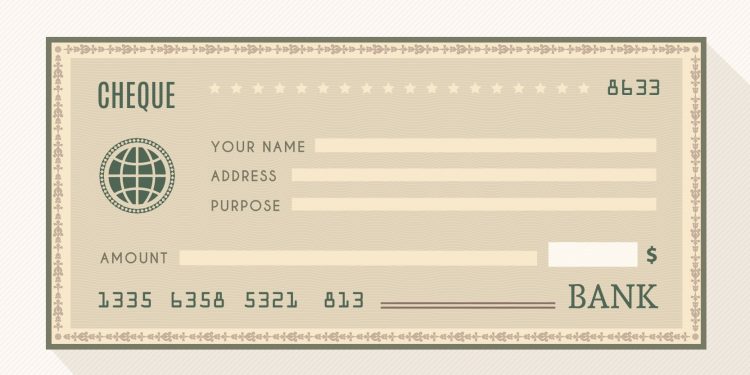If your company makes payments, I’m willing to bet you’ve at least Googled cost-effective ways to simplify the process. Perhaps you’re an enterprise making hundreds of payments a day. Or maybe you’re a small- to mid-sized business looking to ease the manual burden on your small-but-plucky AP team.
One of the biggest arguments against checks is that they’re just plain old, invented to support even older banking processes. Of course, the term “old” is relative, so what does it mean when we’re talking about check history? You might be surprised.
Checks used to make a lot of sense
Checks developed alongside banks, with the concept for payment withdrawals based on recorded instruction appearing in history as early as 300 B.C. in India or Rome, depending on who you ask. Paper-based checks made their debut in the Netherlands in the 1500s, and took root in North America about a century before the Declaration of Independence was signed. The oldest surviving checkbook in the U.S. dates back to the late 1700s—and the register even has a notation for a check made out to Alexander Hamilton for legal services.
So, yes, checks are old.
What started as a safe and strategic way to transfer money—one that protected merchants’ safety and livelihoods—ingrained itself in business dealings for hundreds of years. It’s challenging to phase out something like that entirely, even if checks are difficult to adapt to today’s electronic processes.
Hanging onto the past
Each business that holds onto its check process has a reason. Perhaps their AP team’s veteran employees are more comfortable with the familiarity of checks. They may wish to preserve business relationships with suppliers that prefer checks. Some businesses are very likely interested in switching to electronic processes because check payments are expensive—but they hold back due to the perceived process upheaval.
These concerns aren’t unfounded. They’re built upon years—and generations—of business experience. So while plenty of news outlets claim that checks will phase out “soon,” we should more realistically expect that they’ll be incorporated into—not eradicated from—modern business practices. At least for now.
Time for a change
While banks have made efforts to simplify the payee’s ability to cash checks electronically, only a few have attempted to tackle the time-consuming issues that their customers face. They also lack ways to incorporate outdated check processes with the newer ACH and credit card processes their customers are also expected to support.
If checks are here to stay, do companies need to resign themselves to endless signature hunts, letter-stuffing parties, and post office visits? No. Checks have the spectacular ability to evolve as modern needs arise. After all, the first printed checks in the U.S. didn’t have the standardized MICR format that we use today.
Change happens slowly and in easily digestible segments. So although checks aren’t going away any time soon, they’re overdue for another evolution.
A middle ground exists, where business owners can upgrade their processes without causing major supplier or employee upset. Payment automation solutions have been growing in recognition for over a decade. The most successful providers have acknowledged the gray area with checks and incorporated them into their simplified electronic payment workflows. These alternatives reduce AP workloads without forcing suppliers to accept payment types that don’t work for them.
Checks have come a long way since their conceptual days, and their flexibility means we probably won’t see the last of them anytime soon. We are, however, in the midst of their shift into the electronic world, and AP teams are all the happier for it.
Are you interested in the history of wire payments? Check out this article.









